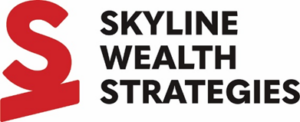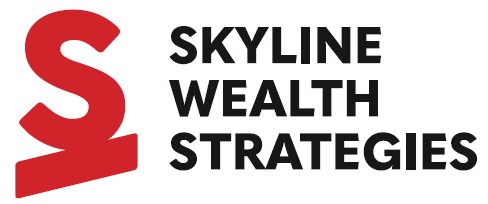
With market volatility and inflation affecting people’s finances, talk about investment strategies and portfolio longevity seems to dominate retirement planning conversations. But one of the most important aspects of retirement is often overlooked in these conversations: healthcare costs.
There are many unexpected costs in retirement, but healthcare is one of the largest spending categories on average for retirees, so having a cohesive plan to cover these necessities can go a long way, regardless of how your stocks are performing.
Why Utilize Medicare?
Medicare is a crucial service that can provide the support you need to take care of your health. Without factoring in your healthcare costs and looking for cost-saving solutions, you could be spending more than you should for basic healthcare needs.
For Americans 65 and older, Medicare should be front and center in the conversation about healthcare coverage, given that it drastically reduces its cost. Staying healthy for as long as possible by eating healthy and exercising is doable, but it’s a fact of life that we will need to take more care of our health as we age.
Medicare open enrollment for 2022 is from October 15 through December 7. So, make sure you have a plan to factor Medicare into your retirement plan.[1]
When you retire, it’s important to understand how Medicare works and how you can get the best coverage for your unique needs in the most cost-effective way. Many retirees wonder how to determine whether they need all four parts of Medicare.
What Are the Key Facts to Know About Medicare?
- Open enrollment usually lasts roughly seven months and starts 3 months before the month of your sixty-fifth birthday.[2]
- Medigap insurance is provided by private insurance companies and can help pay for expenses not covered under Medicare. However, Medigap insurance is not allowed for those with a Medicare Advantage Plan.[3]
- Medicare often varies in cost based on which parts you enroll in. There are 4 parts you can enroll in: Part A, Part B, Part C, and Part D – each of which provides coverage for different types of healthcare.[4]
- In general, Part A provides hospital and long-term care coverage.
- Part B provides coverage for necessary care such as doctor visits and preventative care services, as well as physician services and some drug prescription coverage.
- Part C is Medicare Advantage coverage sold by private insurance companies for what is not covered by part A or part B Medicare.
- And Part D is for prescription drug coverage.
How to Access Medicare
It’s important to know that there is no action needed for you to enroll in the Medicare program. If you have a Social Security number, you will automatically be enrolled when you reach the eligibility dates.[5] No matter which parts of Medicare you might need, it’s important to figure out how you’ll utilize them in your overall retirement plan. But figuring that out is easier said than done.
Sign up for a complimentary review of your financial plan with us, and we can build a comprehensive retirement plan that factor in your healthcare costs and your Medicare situation.
[2] https://www.medicare.gov/basics/get-started-with-medicare/medicare-basics/parts-of-medicare
[3] https://www.retireguide.com/medicare/
[4] https://www.medicare.gov/basics/get-started-with-medicare/medicare-basics/parts-of-medicare
[5] https://www.cms.gov/Medicare/Medicare-General-Information/MedicareGenInfo


